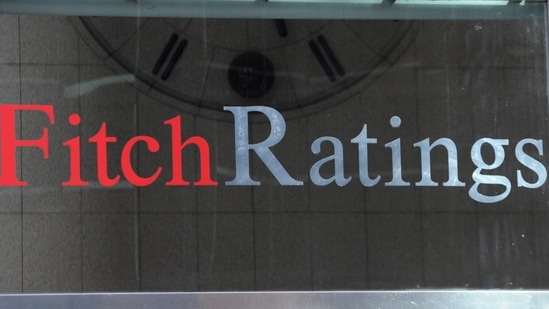Aug 15, 2024 10:44 AM IST
The modest growth rate is based on the rationale that clients may delay discretionary IT spending due to economic uncertainties.
The annual revenue growth of the Indian IT services sector is likely to remain around the mid-single digits for financial year 2024-25), said Fitch Ratings.

The modest growth rate is based on the rationale that clients may delay discretionary IT spending due to economic uncertainties.
Fitch though expects the Indian IT services sector will continue to be affected by subdued discretionary IT spending. It believes that clients will remain cautious in 2024-25 given economic uncertainties, particularly on economic growth and the timing of interest rate cuts.
Read more: Cognizant’s annual salary hikes only 1%, increments deferred by 4 months: Report
“However, we expect clients will continue to spend on projects that focus on cost efficiencies.”
“We expect larger Indian IT services companies to retain high rating headroom because of their large net cash positions and strong free cash flow (FCF) generation,” Fitch said.
“We forecast Fitch-rated large Indian IT services companies to generate pre-dividend FCF margins of 15-18 per cent,” Fitch said.
Indian banks’ capital buffers have improved in recent years, benefitting from higher accruals and fresh capital raising.
Fitch believes this should help banks absorb the capital impact of international financial reporting standards (IFRS) implementation without sacrificing loan growth, despite slightly lower internal capital generation.
Read more: SoftBank scraps AI chips tie-up plan with Intel: Report
Fitch expects the RBI to announce the implementation of IFRS 9 accounting norms shortly.
“This is based on the central bank’s recent comments, our belief that regulatory oversight of the financial sector has increased in recent years, and our outlook for a benign operating environment relative to the Covid-19 pandemic era and prior asset-quality stress cycle, which contributed to the sector’s preparedness for implementation.”
However, the implementation of such reporting standards was originally intended in 2018-19.
Read more: Apple unlocks tap-to-pay on iPhone for other apps, ending Apple Pay exclusivity
“The uncertain timeline weighs on our assessment of the regulatory framework compared with other regional banking systems that adopted IFRS 9 earlier. Effective implementation could have a favourable influence on our assessment,” Fitch noted.
Large non-bank financial institutions (NBFI) in India adopted IFRS 9 in 2018-19. “We believe this will serve as a template for the regulator and banks.”


